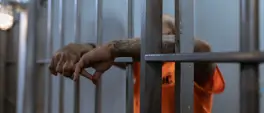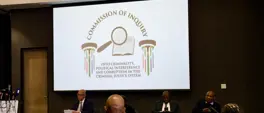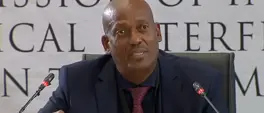MPs question release of Janusz Walus on parole, want him extradited & reincarcerated
Babalo Ndenze
13 May 2025 | 11:34The correctional services committee said that Walus showed no remorse after his release and should ideally be extradited and reincarcerated for violating parole conditions and South African laws.
CAPE TOWN - Members of Parliament (MPs) have questioned the release of Janusz Walus on parole.
The correctional services committee said that Walus showed no remorse after his release and should ideally be extradited and reincarcerated for violating parole conditions and South African laws.
Walus, who was sentenced to life for murdering Chris Hani, was released on parole before being deported to Poland in December last year, a decision that outraged many, including Hani’s wife.
Correctional Services Minister Pieter Groenewald briefed the committee on the process of how people who were sentenced to life in prison could have their parole revoked, and how lifers were also not entitled to parole.
READ: SACP expresses disappointment over handling of Janusz Walus's deportation
This led to questions from members on how his statement contradicted certain decisions, like the release of Walus, who was serving life for Chris Hani’s murder in 1993.
Committee member, Marlon Daniels, said that Walus showed no remorse in interviews after his release, which was a violation, calling for his extradition.
"We are in full support in checking out the prospects of extraditing Janusz Walus back to South Africa. In particular, the fact that there’s no remorse."
Committee member, Carl Niehaus, asked about the possibility of extraditing Walus for his lack of remorse.
"On the basis of the fact that Walus had broken South African law."
Groenewald said that Walus was released on parole because of a Constitutional Court decision, or the Van Vuuren case, which stated that those sentenced to life before 2004 could be granted parole after serving 20 years.
Get the whole picture 💡
Take a look at the topic timeline for all related articles.

















